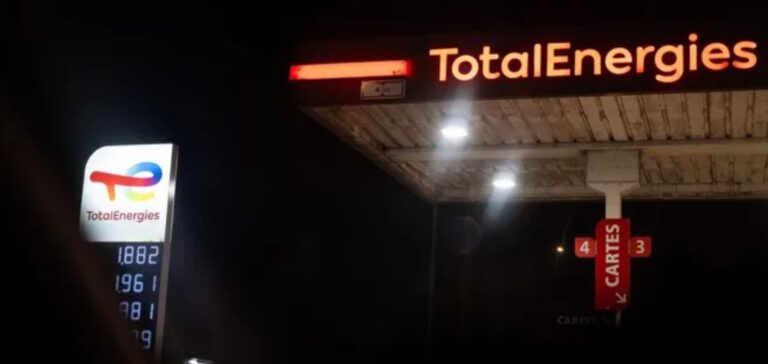The Nanterre public prosecutor’s office confirmed the opening of the investigation after receiving observations from both parties: TotalEnergies, which was operating a major gas project in the region, and the plaintiffs. A decision on whether to continue the investigation or to close the case will be taken on the basis of these elements. The allegations against TotalEnergies relate to a series of alleged negligences, particularly in terms of risk assessment and safety at the gas project site. The company is accused of failing to take the necessary measures to protect its employees and local communities despite the growing security threats in the region.
Reactions of the parties involved
Nicholas Alexander, a South African plaintiff who survived the attack, praised the responsiveness of the French prosecutor. “This is a positive step forward and we are pleased that the French prosecutor has reacted quickly by taking our requests into consideration,” he said. Anabela Lemos, a Friends of the Earth activist in Mozambique, also voiced her support for the investigation, hoping that it marks a step towards holding TotalEnergies to account for the damage caused. “Total’s negative impacts and reckless behavior in Mozambique go far beyond those days in March 2021,” she asserted.
TotalEnergies’ position
TotalEnergies reaffirmed its rejection of the accusations and recalled the evacuation efforts it coordinated during the attack, which saved more than 2,500 people. The company maintains that safety has always been a priority, contrary to the plaintiffs’ allegations. “We firmly reject these accusations and recall the emergency assistance that Mozambique LNG teams provided and the resources they mobilized to enable the evacuation of more than 2,500 people,” said a TotalEnergies spokesperson.
Impact of the Palma attack
The attack, claimed by the Islamic State, caused numerous casualties and forced TotalEnergies to suspend its $20 billion Mozambique LNG project. This suspension had significant economic repercussions for both the region and the company. Group CEO Patrick Pouyanné had indicated in 2023 that he hoped to relaunch the project before the end of the year, testifying to its strategic importance for TotalEnergies.
The plaintiffs’ lawyers, while not wishing to comment directly, have previously highlighted the contradiction between TotalEnergies’ public statements on safety and its actual actions in the field. The outcome of this investigation could influence the resumption of the project and Total’s future safety strategy. Moreover, this case raises broader questions about the responsibility of multinationals in high-risk areas, where safety standards and emergency protocols must be meticulously managed.






















